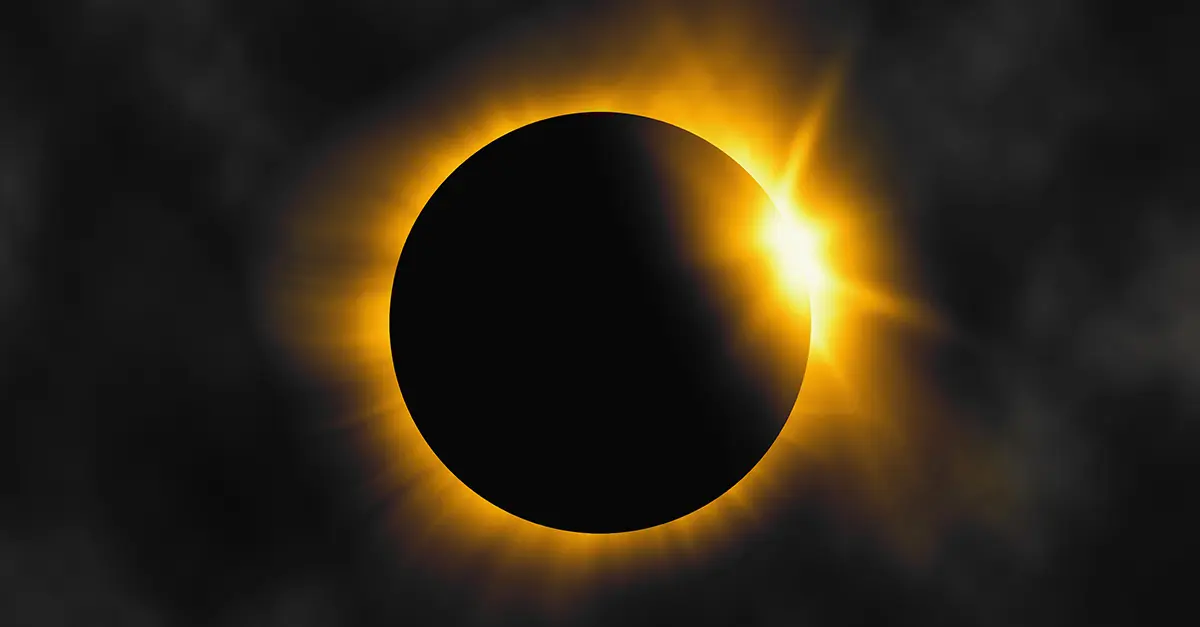Turns out the Big Event of 2024 didn’t even happen on our own lonely planet. We’re talking, of course, about the Total Solar Eclipse of April 8. If you are in North America and you missed it, eat your vegetables and avoid cigarettes to increase your odds of hanging around til the next one in 2044.
We looked at four “Eclipse Parties” or viewing events taking place at key venues in cities along the path of the totality (where the moon completely obscures the sun) to see what effect these events had on visitation. Unsurprisingly, the Eclipse drove visits to these locations at rates well above average.
- The Indy Motor Speedway in Indianapolis, IN, hosted the Total Solar Eclipse Event Presented by Purdue University, and we believe this to have been among the biggest Solar Eclipse events in the United States. Attendance even surpassed the GMR-Grand Prix 2023, with 20% more Unique IDs seen during the Eclipse event. In fact, the happening drew a crowd about a third of the size of the Granddaddy of all auto races, the 2023 Indy 500. One local news report said of the Eclipse event, “It feels like race day.”
Indy Motor Speedway Events
No Data Found
- The Perot Museum of Nature and Science in Dallas, TX, hosted the Great North American Eclipse in partnership with Carnegie Science. The museum experienced a 117% increase in visits compared with the prior week.
- The National Environmental Satellite, Data and Information Service streamed the event live from the Cotton Bowl Center in Dallas, TX. The stadium attracted about as many science enthusiasts as it did soccer (or “football,” depending on where you live) fans for the 2023 Dallas Cup almost exactly a year prior. But attendance to both paled when compared to an actual college football game (the pigskin kind). The 2023 State Fair showcase college game drew a crowd that was 75% larger. This is Texas, after all, where American football reigns supreme.
Cotton Bowl Stadium Events
No Data Found
- Austin, Texas, hosted a Total Eclipse Viewing Party put on by The Simons Foundation and Long Center for the Performing Arts, which saw a 54% increase in traffic compared with average performance crowds from the prior week.
We also wanted to see the impact of the natural wonder on local tourism, using stays at select hotels as a key indicator. Sure enough, occupancy was way up for the day of the Eclipse despite dramatic increases in room rates. Interestingly, most guests only stayed for one night (80%), with 13% staying for two nights and 7% making a real vacation out of the event by staying three nights.
Other data of note: 47% of the visitors we saw to the event in Indiana were from in-state, with 21%visiting from the neighboring states of Illinois and Wisconsin. Compare this to Texas, where 74% of visitors to the Perot Museum Eclipse event in Dallas and 67% seen at the Long Center in Austin were from in-state. This may be because Texas is a very large (football-lovin’) state. Don’t mess with them!
As one would expect, foot traffic peaked during the totality in all locations, with most people assembling one to two hours before and leaving shortly after the moon finished its pass.
In conclusion, we tip our hats to the many adventurers who went out of their way to witness this awe-inspiring celestial phenomenon that happens even less frequently than once-in-a-blue moon.
Blue Moons occur about once every three years (33 months) whereas total solar eclipses are visible from any given place on earth only once every 375 years!



